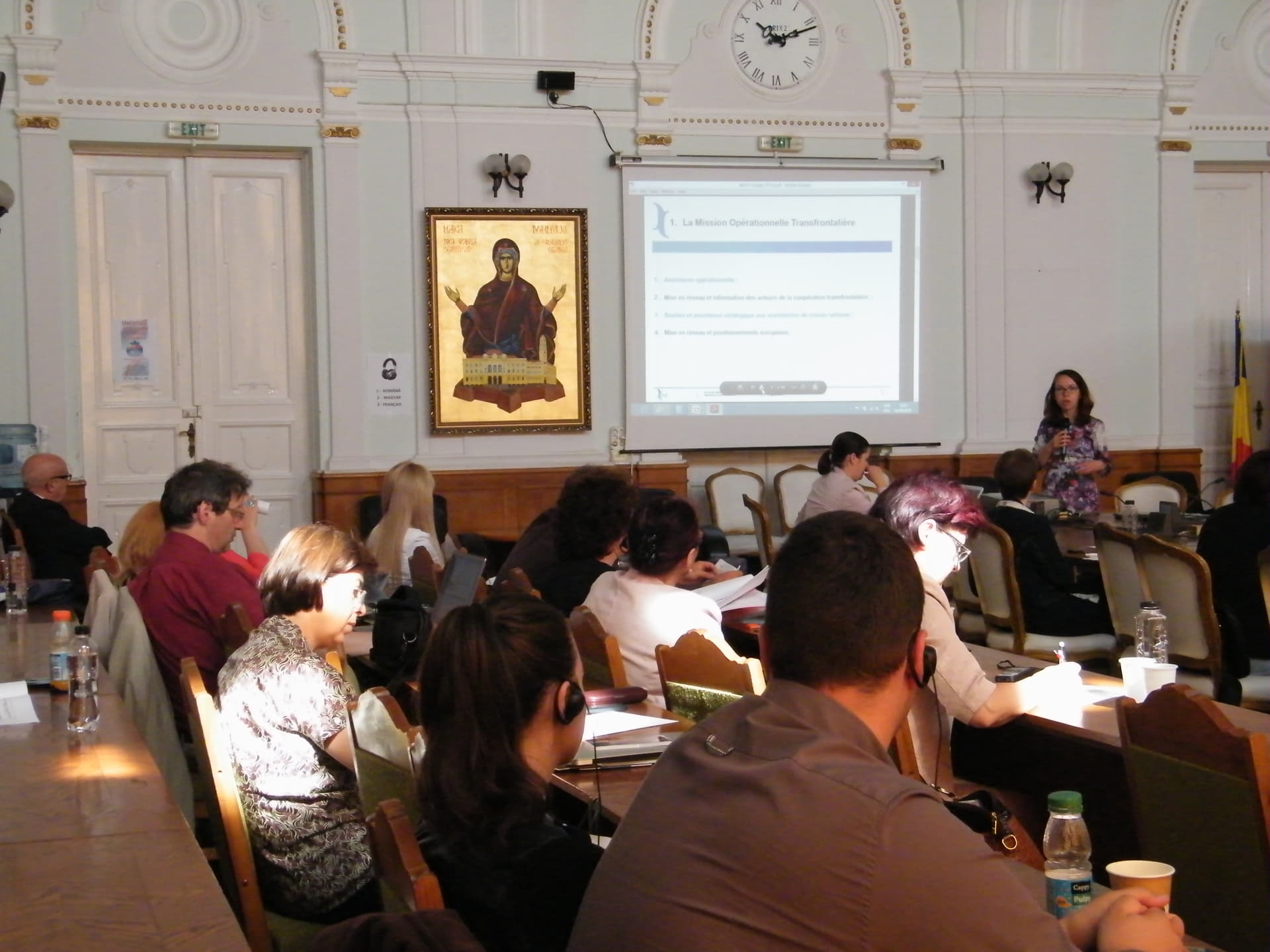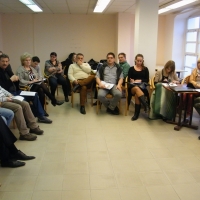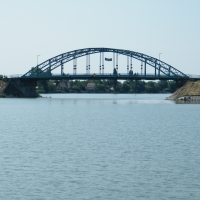The second conference of the Oradea process
Oradea | 06 June 2014
Oradea | 06 June 2014
Following the first conference in 2012, the second thematic event was held on 5th June 2014 in Oradea, Romania within the framework of the process named after the city. The topic of the conference attended by French, Romanian and Hungarian experts was the issue of cross-border health care cooperation.
The Directive 2011/24/EU entered into force at the end of 2013 on the whole territory of the European Union. The directive provides theoretical possibility for the European citizens to resort health care services in any other Member State which are covered by the insurance system of the home country (with certain limitations).
However in several countries of Western Europe cross-border health care services, ensuring the free movement of citizens, have already significant history. France especially is in a leader position in this term, hereby getting to know the French examples must be useful for both the Hungarian and Romanian party.
To this end the Metropolitan Area of Oradea, the Association of French-Hungarian Initiatives, the French MOT and the Hungarian CESCI organized (second time now) the conference, presenting the good practices of cross-border cooperation, on 5th June 2014 at the meeting hall of the Municipality of Oradea.
Mircea Mălan Deputy Mayor of the city greeted those attending. In course of the first session the French experiences were introduced. Adela Spulber (Mission Opérationnelle Transfrontalière) gave an overall picture on the initiatives already implemented along the French borders, highlighting the special zones (ZOAST: Zone organisée d’accès aux soins transfrontaliers), established in the 2000’s at the French-Belgian border region, within the framework of which health care services are available for patients on the other side of the border at short notice.

Magdolna Kalapáti Leader of the Joint Secretariat of the Hungarian – Romanian CBC programme told about the programme and its results.
Catherine Barnole Head of Department of the Languedoc-Roussillon Regional Health Care Agency presented the joint French-Spanish hospital, built in the Pyrenees, and the EGTC which manages the institution. The closest hospitals in Perpignan and Barcelona are 2 hours away from the alpine area. The idea of establishing cross-border health care service supply was born because of the expected close of the hospital in the biggest settlement of the territory. As it came out, launching of the institution has been hindered by several obstacles; its opening is going to be expected by this autumn following the 11-years preparation work.
The relevant experiences of Champagne-Ardenne were introduced by Joëlle Barat Deputy Chairman of the Regional Council responsible for health care issues. He presented the founding process of the ZOAST concerning the region in details.
Étienne Müller international and cross-border desk of Lotharingia told about the region’s cross-border projects on health care, most of which were implemented within the framework of the Interreg programme.
Following the launch break the floor was given to some representatives of those initiatives which have been implemented in course of the last years.
Livia Banu Leader of the Romanian coordinating organization of the cross-border programme (BRECO) gave overall picture on the cross-border health care projects, implemented within the framework of the programme, highlighting the exemplary initiatives.
Out of these projects two were introduced: dr. Ghoerghe Carp Director of the Hospital of Bihar County told about their project jointly implemented with the medical centre of the University of Debrecen, while dr. Eszter Karg Scientific Colleague of the Paediatric Clinic of the University of Szeged presented the diagnostic system established in partnership with the Hospital of Timișoara.
The closing presentation of the conference was held by dr. Csaba Papp programming expert of the CBC programme who not only reported on the results of the projects implemented between 2007 and 2013 but also gave an overlook on the next programming period. Expectedly one of the main priorities of the forming Romanian-Hungarian programme will be cross-border health care cooperation. Hereby the subject of the conference was relevant from this point of view too.
Gyula Ocskay (CESCI) and José Osete (TÖOSZ) in their afterword confirmed that they intend to continue the conference series, the Oradea process in order to facilitate the rapprochement of the two neighbouring countries and peoples and the efficient cooperation.

 EGTC-Workshop 2014/2 (Ráckeve)
EGTC-Workshop 2014/2 (Ráckeve)